Outlaws of Viticulture
In a fit of horticultural xenophobia seven decades ago, the French, followed by much of Western Europe, decided that they could not trust the free market and people's tastes to choose the best grape cultivars. American cultivars, mostly introduced during the phylloxera crisis of the late 1800's, were now forbidden. Minor vinifera cultivars were strictly controlled. Geographic areas were limited to their own specific selections of the great vinifera wine cultivars. To me it seems crazy, to them I guess it seemed like preserving national treasure. The government ordered the offending vines torn out, and European viticulture was permanently frozen in an idealized state. Or at least that was the idea.
Defying the law, brave bands of rogue viticulturists persisted in their cultivation of the forbidden cultivars. Varieties like 'Jacquez' (also known as 'LeNoir' or 'Blue French'), an old V. aestivalis hybrid from the American South known for its disease resistance, 'Isabella', one of the oldest American cultivars, as well as V. riparia x V. labrusca hybrids like 'Noah' and 'Clinton'.
Now, with emergence of Eastern European viticulture on the European scene, these brave few see a potential ally in their quest to free European viticulture from these shackles.
Winemakers protect outlawed vines: the grapes of wrath (International Herald Tribune)
(This article is a few years old, but I just found it and believe the issue still exists)


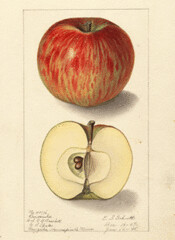
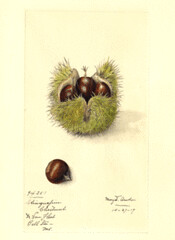
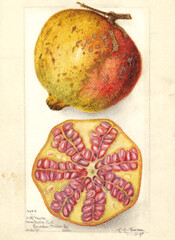
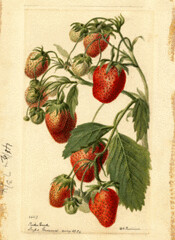
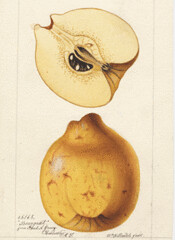



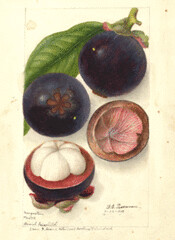
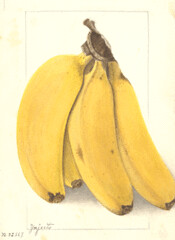

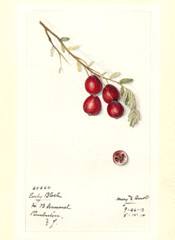
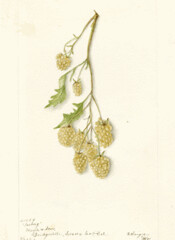
4 Comments:
That is very interesting. Fair enough if the grape fine carried some disease or became a weed threatening native growth but "that it tasted like raspberries and was thus offensive to the palate." Wow these people really do exist. And to think that they managed to enforce a law for 70 years on these grounds.
LeNoir="Blue French?" That's one I hadn't heard. I also know it as "Black Spanish."
Dan
Yeah, there are an unbelievable number of synonyms for those old "bourquiniana" types, and frequently they shared them, too--if you look at the synonym lists for 'LeNoir' and 'Herbemont', probably a quarter of the names are the same, depending on who made the list. It's pretty bad.
"Black Spanish" is actually one of the most common synonyms, at least in the U.S, probably what I should have put, since I think 'Blue French' might be more commonly applied to 'Herbemont'. In Europe it's more frequently 'Jacquez', I think. If some one had a lot of time and money on their hands, it would be interesting to look at the genetic profiles of all the bourquiniana types and see what's really what.
Very interesting. I have blogged about it here http://agro.biodiver.se/2007/11/free-the-grape/. You've been somewhat inactive of late. Hope this is just a temporary hiatus.
Post a Comment
<< Home